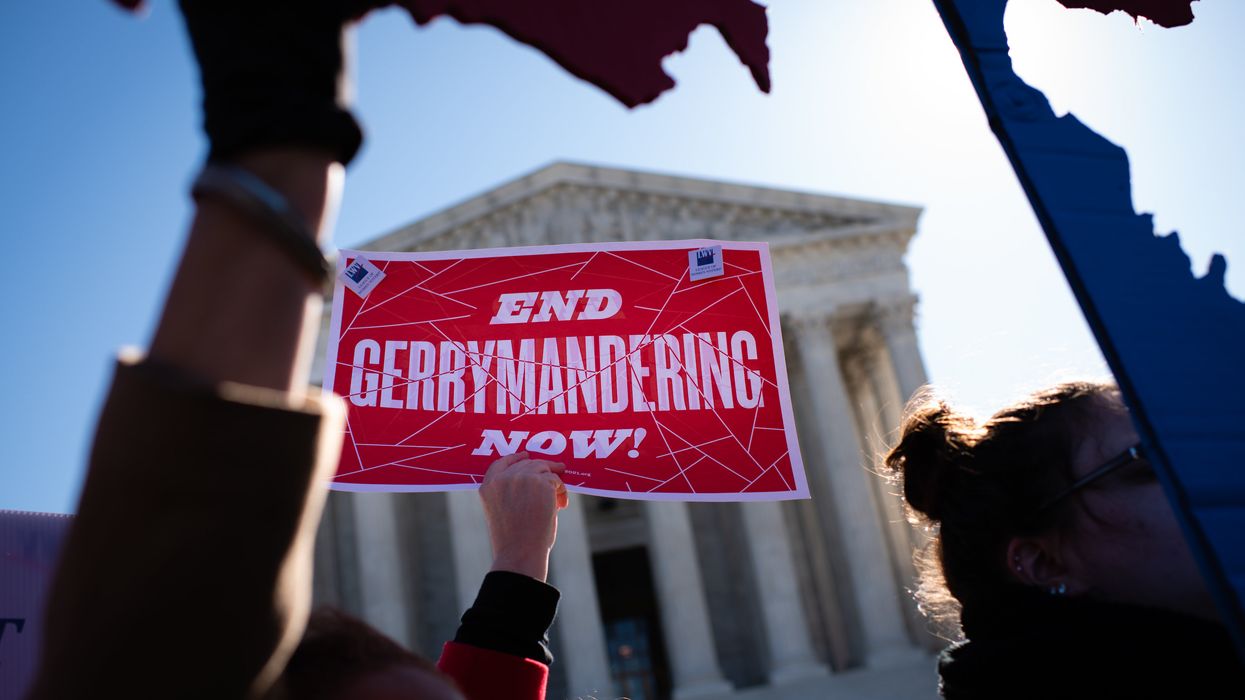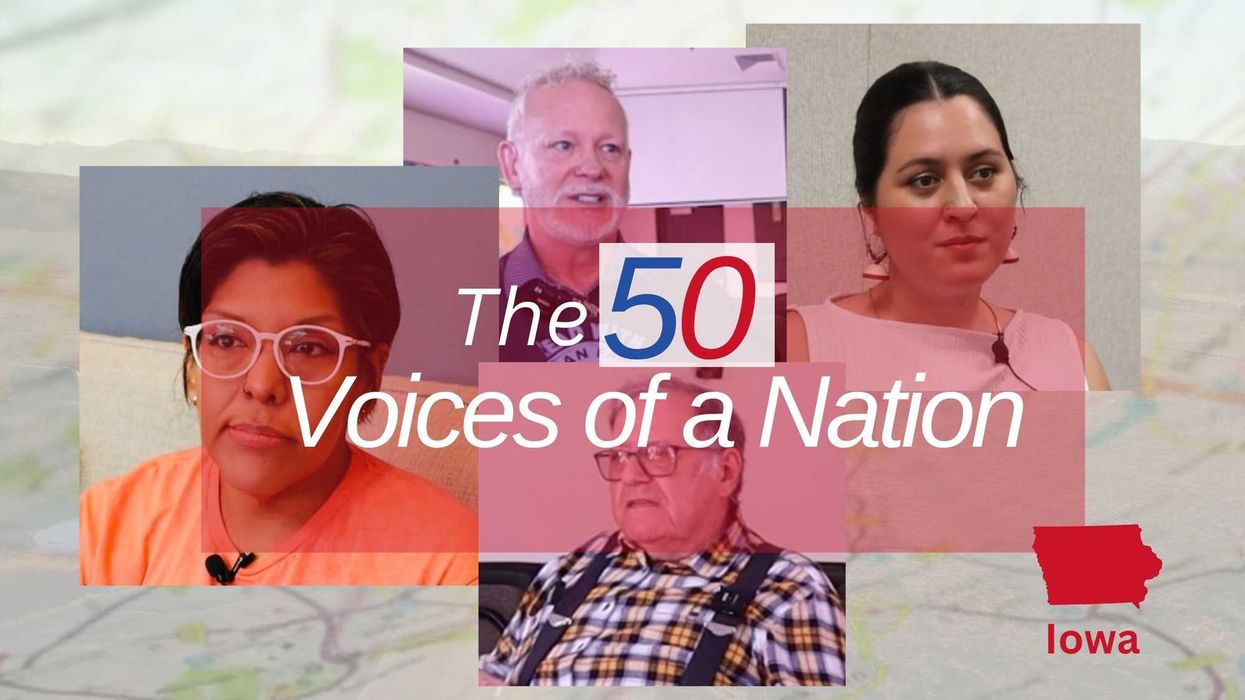Dubé is the executive director of iCivics, a civic education nonprofit, and one of the founders of CivXNow.org
The youth of today have the ability to fix the problems in our society that adults have created. They're sensitive, in tune with the injustices that surround them and know the power of their own voices. But to effectively channel their instincts and harness their potential for change, we need to give them the tools to do so.
That starts with re-establishing the school as the place in which Americans learn the fundamentals of how our democracy and its institutions work, so that we can imbue them with knowledge they need to navigate that system and create change from the inside.
Once upon a time, the school — with civic education as its centerpiece — was exactly that, the place through which all Americans acquired the knowledge they needed to participate in elections, sit on juries, and attend public meetings.
But after decades in which teaching about democracy fell out of favor, only nine states require a full year of civic education in high school. In 31 states students only have to learn civics for one semester, and 10 states don't have any civics requirement at all.
This long-term neglect of civic education has been devastating, as nearly three-quarters of Americans cannot name all three branches of government, only a quarter of all students reach a "proficient" score in civics on the National Assessment of Educational Progress — and black and Latinx students' scores are nearly a quarter lower than their white peers.
And now, as our country becomes more polarized by the day, as frustration rises and as our democracy finds itself imperiled, our schools are no longer giving our young people the basic tools they need to address the issues and challenges of our day. They are no longer learning about the mechanisms of government that are available to address those issues and challenges.
To fix this, we're going to need to work state-by-state to pass legislation to restore the civic mission of our public school system.
That is why CivXNow, a coalition of more than 100 organizations dedicated to improving civic education, is calling for state legislators across the country to pursue new laws that would ensure that all K-12 students receive the civic education that they need to become well informed, active participants in American democracy.
Thankfully, many legislatures have already started to hear this call. In recent years Illinois, Massachusetts and Florida have passed sweeping laws that mandate not only a return of civics to their classrooms, but also innovative civics instruction that speaks to today's youth. And more states are finally starting to take this issue seriously: This year, state legislatures across the country examined more than 80 bills that in some way addressed civic education.
But to do so, we believe that policymakers could use a guide. So our members — which include the National Conference of State Legislatures, the Council of State Government, the National Council for the Social Studies, the Congressional Black Caucus Foundation, the Campaign for the Civic Mission of Schools, and former members of Congress — have spent most of the past year devising a policy menu as well as a robust set of resources that legislators and advocates can lean upon as they craft legislation that we believe will effectively revive civics.
The policy menu draws upon research and best-practices that states such as Illinois, Massachusetts and Florida have already used and that legislators now crafting legislation can learn from.
The recommendations include expanding state standards to broaden the scope of civic education requirements, improving professional development for teachers, and increasing youth participation in school and community decision making. And they urge that policy makers focus on goals such as:
- Strengthening course requirements for civics.
- Working on creating school climate, culture and leadership that reflect democratic ideals and ensure that students experience democratic practices throughout the school day.
- Developing innovative ways to measure student achievement that accurately reflect the many aspects needed for effective participation in democracy.
The civic challenges that we face did not develop overnight, and neither will the solutions. Our menu of policy options — taken separately, or better yet together — give those at the state and local level guidance about what can be done to ensure that schools truly prepare students for informed, active participation in civic life.
Fixing this country's very real and serious problems will take a multitude of different American voices that will have to collaborate to evolve our institutions, and it is up to schools to prepare young people with the tools to do so.


















